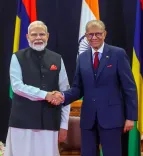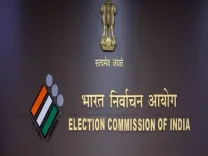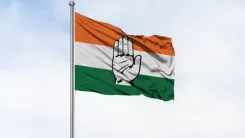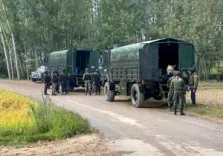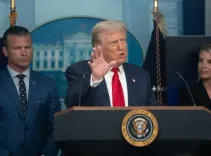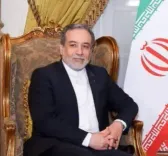Respect for Naga History Can Foster Mutual Respect, Says NSCN-IM
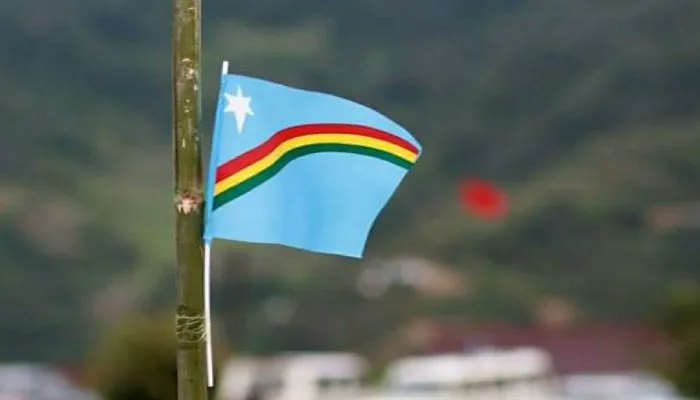
Synopsis
Key Takeaways
- NSCN-IM emphasizes the need for mutual respect of histories.
- Historical agreements between Nagas and India acknowledged.
- The Framework Agreement of 2015 marked a significant milestone.
- International recognition through UNPO strengthens their negotiations.
- Demand for separate flag and constitution remains firm.
Kohima, Jan 31 (NationPress) The Isak-Muivah faction of the National Socialist Council of Nagalim (NSCN-IM) stated on Friday that if Indians show respect for the Nagas' history, the Nagas would reciprocate by respecting the history of India tenfold.
During the 46th raising day celebration of the NSCN-IM at their headquarters in Hebron, Vice Chairman Tongmeth Wangnao remarked that the Indian government acknowledged the rights of the Nagas on two significant occasions.
He mentioned that the first formal acknowledgment of the distinctiveness of Naga history occurred on July 11, 2002, during a meeting in Amsterdam, which was subsequently followed by the Framework Agreement on August 3, 2015, in New Delhi, with Prime Minister Narendra Modi as the chief architect of this landmark agreement.
Notably, PM Modi was joined by numerous high-ranking ministers, including the then Home Minister Rajnath Singh, as well as National Security Advisor Ajit Doval, the Chief of Army Staff, and other essential dignitaries.
“The NSCN-IM was represented by its entire collective leadership at the event. These two official recognitions serve as significant milestones that have garnered global attention regarding the India-Naga political discussions. The signing ceremony of the Framework Agreement was given prominent political significance as the entire event was broadcast live for the world to witness,” Wangnao stated.
He lamented that for over 27 years, “we have engaged with the government of India based on the truth of the Naga political movement. Unfortunately, it is disheartening that government entities have acted unethically, creating numerous adversaries in the political discussions led by NSCN-IM.”
“We must don the full armor of God and remain strong in the Lord and His might. It is our duty to defend our land, our people, and our rightful claims for self-determination to shape our political identity as a nation. I take pride in stating that the NSCN has justified our political movement on international stages and gained admission into UNPO as a legitimate member, along with participation in UN human rights and indigenous forums. This international recognition has undoubtedly strengthened our negotiations that resulted in the signing of the inalienable Framework Agreement acknowledging our sovereign rights as a nation.”
The NSCN-IM leader expressed that while the outcome of the Naga political discussions rests with God, “we must redefine our divine connection under the slogan of 'Nagalim for Christ'.”
Since the signing of the ceasefire agreement in 1997, the Union government has been conducting political negotiations with the NSCN-IM and inked the Framework Agreement in 2015. The government has also engaged in parallel discussions with the Working Committee of the Naga National Political Groups, which comprises at least seven Naga factions, since 2017. They signed the Agreed Position in November 2017. The NSCN-IM maintains its demand for a separate flag and constitution for the Nagas, as well as the integration of Naga-inhabited regions across four northeastern states—Arunachal Pradesh, Assam, Manipur, and Nagaland, in addition to Myanmar.

